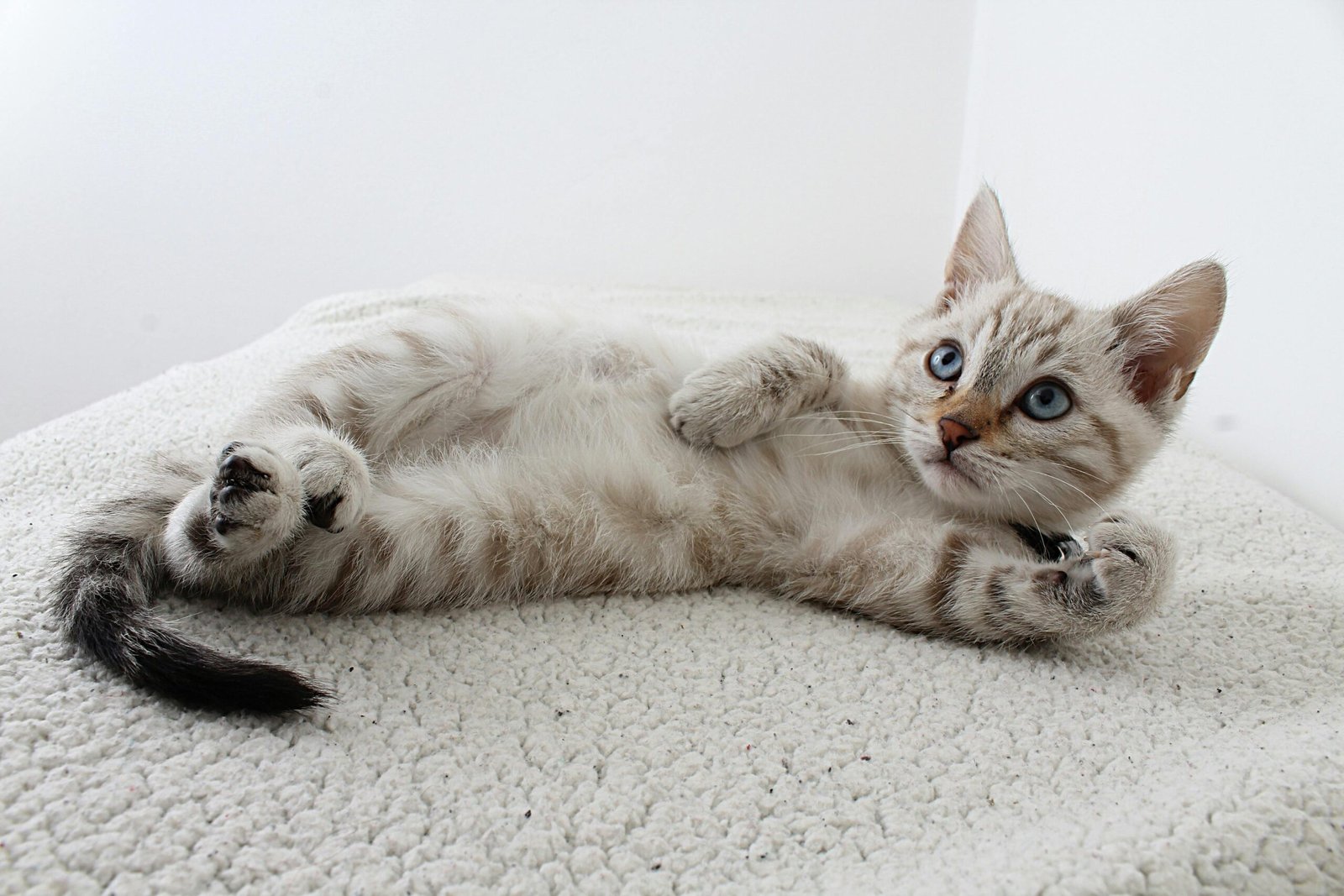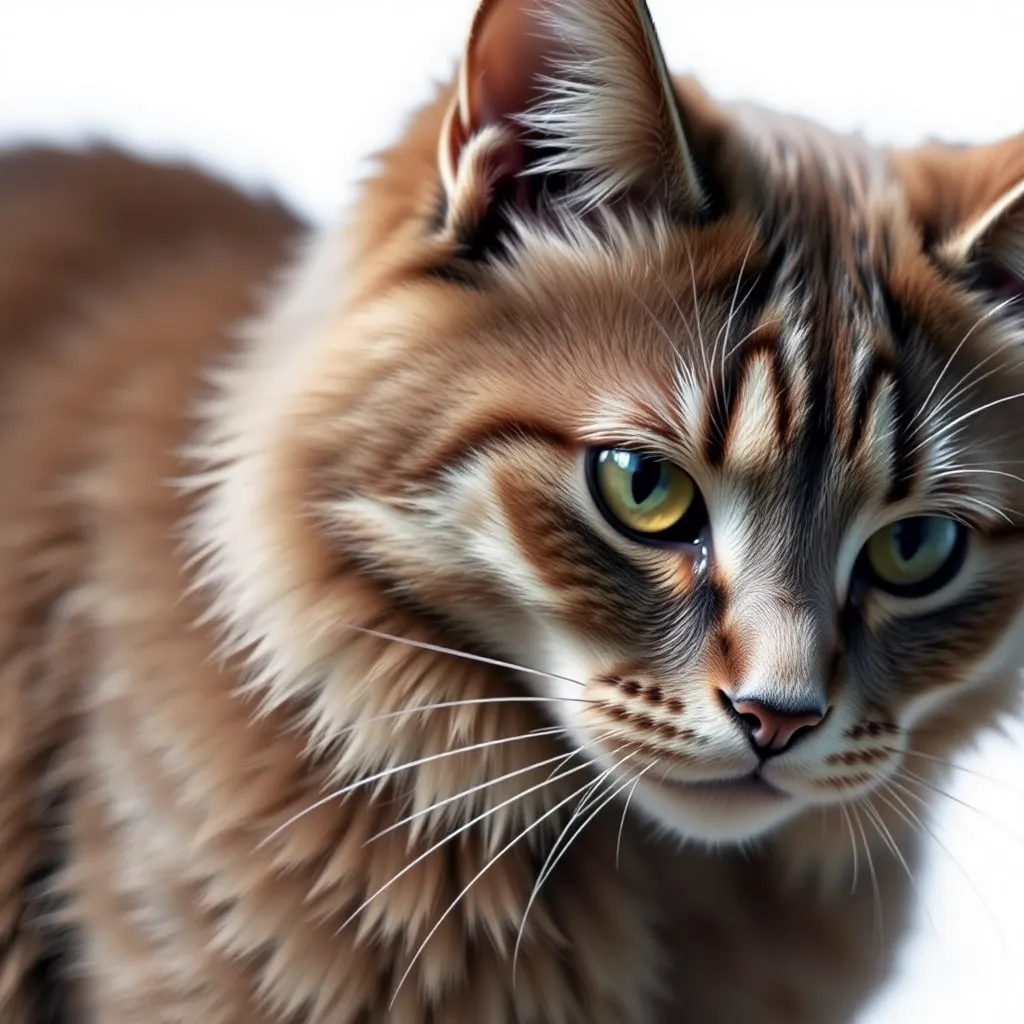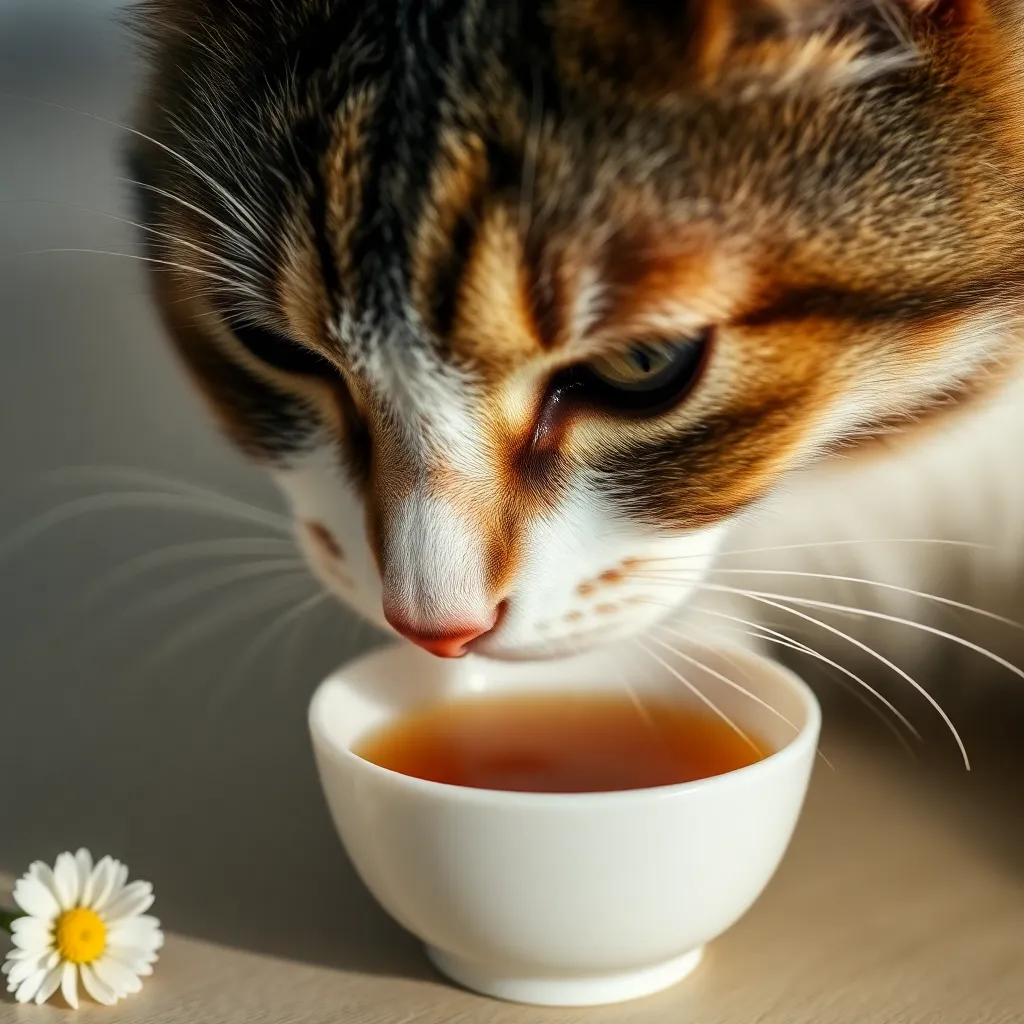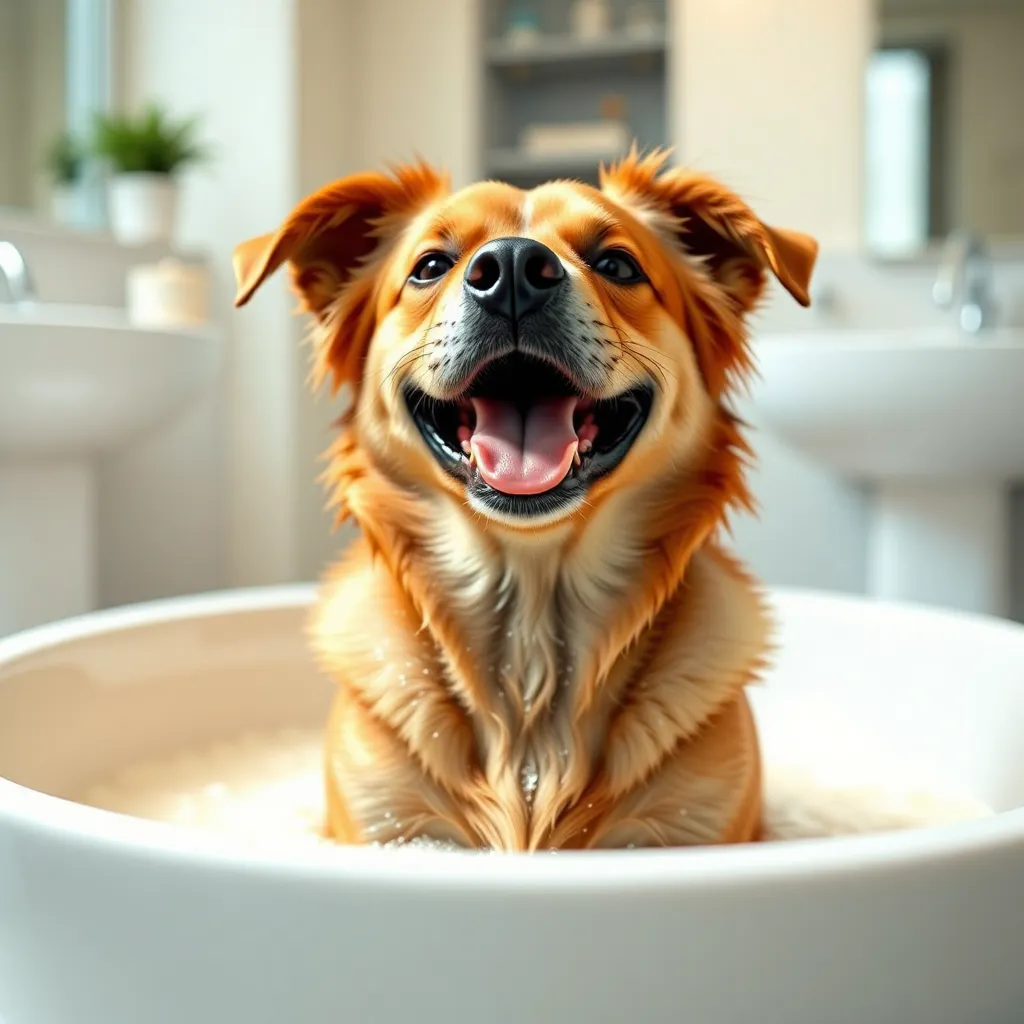Cats, especially long-haired breeds, frequently suffer from hairballs, a common digestive issue. This comprehensive guide explores the causes, prevention, and natural treatment of hairballs in cats, helping you keep your feline friend healthy and happy. We’ll delve into dietary changes, beneficial supplements, grooming techniques, and other natural solutions to minimize the risk and discomfort associated with digestive problems in cats.
Understanding Hairballs: A Common Feline Issue
Hairballs, or trichobezoars, are masses of matted fur that accumulate in a cat’s digestive tract. Cats groom themselves extensively, ingesting loose fur in the process. While a small amount of ingested fur is typically passed naturally in their stool, excessive grooming or underlying health conditions can lead to the formation of larger, problematic hairballs. These can cause discomfort, vomiting, constipation, and in severe cases, require veterinary intervention.
The severity of hairball problems varies depending on the cat’s breed, coat length, and grooming habits. Long-haired breeds like Persians and Maine Coons are particularly prone to hairballs. However, even short-haired cats can experience this issue. Recognizing the signs early is crucial for effective management.
Identifying Hairball Symptoms in Your Cat
Several signs indicate your cat may be struggling with hairballs. These include:
- Frequent vomiting: This is the most common symptom, often characterized by the expulsion of hair-covered masses.
- Loss of appetite: The discomfort caused by a hairball can reduce your cat’s desire to eat.
- Constipation: Hairballs can obstruct the digestive tract, leading to difficulty passing stool.
- Lethargy and weakness: Persistent hairball issues can cause your cat to become lethargic and weak due to malnutrition or discomfort.
- Straining to defecate or vomit: You might observe your cat exhibiting straining behavior.
- Coughing: In some cases, hairballs can irritate the respiratory tract, leading to coughing.
If you notice any of these symptoms, it’s crucial to consult your veterinarian to rule out other underlying health problems.
Preventing Hairballs: A Proactive Approach
Preventing hairballs in cats is far easier than treating them. A multi-pronged approach combining dietary changes, regular grooming, and supplemental support is the most effective strategy.
Dietary Solutions for Hairball Prevention
- High-fiber diet: Fiber helps move hair through the digestive tract more efficiently. Look for cat foods specifically formulated for hairball control, which often contain increased levels of fiber. You can also add a small amount of pumpkin puree (plain, canned) to your cat’s food. Fiber acts as a natural lubricant and helps prevent hair from clumping.
- Adequate hydration: Ensuring your cat drinks plenty of water helps keep their digestive system functioning smoothly. Consider providing fresh water in multiple locations.
- Avoid fatty foods: Fatty foods can exacerbate digestive issues and make it harder for the body to process hair.
Grooming: A Crucial Preventative Measure
Regular grooming is paramount in preventing hairballs. Brushing your cat daily, or at least several times a week, removes loose fur before it can be ingested. The frequency depends on your cat’s breed and coat length. Use a brush appropriate for your cat’s coat type.
- Deshedding tools: Consider using a deshedding tool to effectively remove undercoat fur.
- Professional grooming: If you struggle to groom your cat effectively, consider professional grooming services.
Natural Supplements for Hairball Management
Several natural supplements can aid in hairball prevention and management.
- Psyllium husk: This soluble fiber expands in the digestive tract, helping to move hair through the system.
- Malted milk: This provides extra fiber and can be palatable for cats.
- Pumpkin puree: As mentioned earlier, pumpkin puree’s fiber content aids digestion. Always choose plain, canned pumpkin, not pumpkin pie filling.
- Catnip: While not directly addressing hairballs, catnip can help with digestion and can be a healthy treat.
Always consult your veterinarian before introducing any new supplements to your cat’s diet.
Treating Hairballs: Natural Remedies
If your cat already has hairballs, several natural remedies can help alleviate symptoms. However, persistent or severe hairball issues always require veterinary attention.
- Increased fiber intake: Boost your cat’s fiber intake through dietary changes or supplements as described above.
- Gentle massage: Gently massaging your cat’s abdomen can help stimulate bowel movements and aid in hairball passage.
- Mineral oil (with veterinary guidance): A small amount of mineral oil, administered under veterinary supervision, can lubricate the digestive tract, facilitating hairball passage. Never administer mineral oil without consulting your veterinarian.
Product Suggestions
- High-fiber cat food: Look for brands specifically formulated for hairball control.
- Psyllium husk supplement for cats: Available at pet stores and online.
- High-quality cat brush: Choose a brush appropriate for your cat’s coat type.
- Deshedding tool: These tools are effective at removing undercoat fur.
Frequently Asked Questions (FAQ)
Q: How do I identify if my cat has hairballs?
A: The most common sign is frequent vomiting, often containing hair. Other symptoms include loss of appetite, constipation, lethargy, and straining to defecate or vomit.
Q: What foods help prevent hairballs?
A: High-fiber foods, such as those specifically formulated for hairball control, and adding plain pumpkin puree to their food can help. Maintaining adequate hydration is also crucial.
Q: Does brushing my cat really help?
A: Yes, regular brushing is extremely important. It removes loose fur before your cat can ingest it, significantly reducing the risk of hairball formation.
Q: My cat is vomiting frequently. Should I be concerned?
A: Frequent vomiting, especially if it contains hair, warrants a veterinary visit. While hairballs are common, other underlying health issues could be causing the vomiting.
Q: Are there any risks associated with home remedies for hairballs?
A: While many natural remedies are safe and effective, it’s crucial to consult your veterinarian before using any supplements or remedies, especially mineral oil. They can help determine the appropriate dosage and ensure there are no contraindications with your cat’s health. Improper use of home remedies can potentially harm your cat.
Remember, proactive prevention is key to managing hairballs in cats. By combining proper nutrition, regular grooming, and appropriate supplementation, you can help your feline companion enjoy a healthier, happier life free from the discomfort of digestive problems. Always consult your veterinarian for any concerns regarding your cat’s health.
Share this content:







